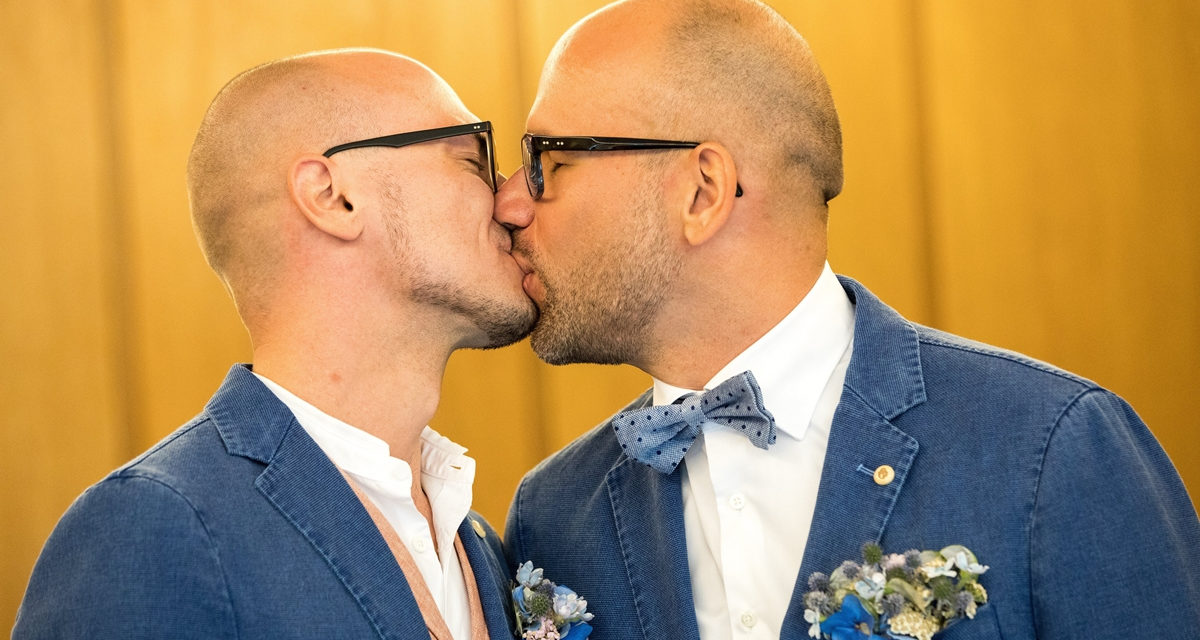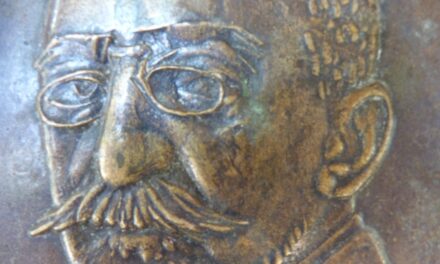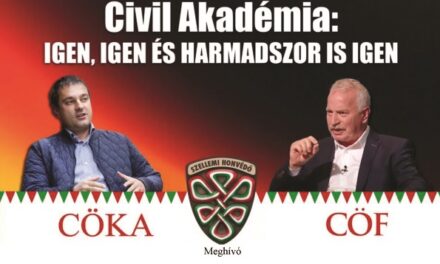CitizenGO has been fighting to preserve marriage since its inception.
We have seen that in many countries, Christians and sane thinkers woke up late, when they no longer had the opportunity to stop harmful processes, such as the legalization of so-called "marriage" between homosexuals.
We watch with concern that more and more Christian and Catholic politicians around the world are standing behind LGBTQ policies, so we feel it is a matter of conscience to speak out in time in our country.
We also see that various LGBTQ efforts are increasingly gaining support in Catholic and Christian circles, in the West for a long time, but increasingly in Hungary as well.
That is why we consider it important to speak out when a Catholic Prime Minister candidate provides legal recognition of the so-called "marriage" of homosexuals.
Although the Basic Law currently recognizes marriage between a man and a woman, if the bloc led by Péter Márki-Zay wins the election, it plans to replace the Basic Law even in the absence of a two-thirds parliamentary majority, after which the possibility of so-called same-sex "marriage" may open up. ” to legalize it. In the meantime, international institutions (UN, EU) are putting a lot of pressure on our country regarding LGBTQ issues.
With our action, our goal is still not party politics, but the protection of our common values, the family, marriage, the future generation and the common good.
In our petition, we clarify with the help of church documents that a person of faith cannot support the recognition of homosexual relationships as "marriage", and we call on Péter Márki-Zay and all Catholic politicians to take this seriously.
Péter Márki-Zay has repeatedly expressed his support as a politician for the legalization of so-called "marriage" between homosexuals. Most recently, he spoke about this at the Mozaik Kör event:
Questioning university student: "Do you support gay marriage?"
Péter Márki-Zay: "Well, not me as a Catholic, but as a statesman yes."
His answer reveals that Péter Márki-Zay is either not aware of his church's teaching on the matter, or that he knows it, but ignores it.
"So I would say that we Catholics will of course always follow the rules of the Church in relation to marriage," he continued.
However, according to the teaching of the Catholic Church, a Catholic politician cannot support the legal recognition of "gay marriage":
"When homosexual cohabitation is legally recognized, or legally considered equal to marriage, and the specific rights of marriage are provided to it, a clear and firm rejection of this is mandatory." (Religious Congregation: About same-sex couples 5. p. 2003.)
"But I don't think the state should discriminate based on, for example, origin, skin color, religion or sexual orientation", Péter Márki-Zay concluded his argument in favor of legal acceptance of so-called "marriage" between same-sex couples, wrongly, since it is not discriminatory in its original, true meaning of marriage according to Marriage between a man and a woman is the basis of society and the family, the natural and safest community for the transmission of life. The state does not discriminate by looking at it accordingly and creating rules related to it.
In its original meaning, tolerance means tolerance, tolerance, not approval or support.
The Congregation for the Doctrine of the Faith draws attention to the difference between the two: "Those who, starting from this tolerance, want to arrive at the incorporation into law of the specific rights of persons in same-sex cohabitation, we must remind them that tolerating evil is completely different from approving and legalizing evil." Theological Congregation: About the same sex 5.p. 2003
A Catholic politician cannot oppose and support so-called same-sex "marriage" at the same time, for two reasons.
On the one hand, the actions of a Christian politician as a private person and as a politician cannot be separated.
"Neither in politics nor in moral life can a person become independent from God."
Saint Thomas More.
"The existence of Christians cannot be divided into two parallel lives: on the one hand, the "spiritual life" with its values and requirements, and on the other hand, the "worldly life", i.e., in the area of family, work, social relations, political action, culture." Religious Congregation: Catholic participation and behavior in political life 6.p. 2003
On the other hand, according to the teachings of the Catholic Church, people of faith and Catholic politicians are especially obliged to oppose the legal recognition of homosexual relationships (Congregation of Faith: Same-Sex Matters 2003):
"When homosexual cohabitation is legally recognized, or legally considered equal to marriage, and the specific rights of marriage are provided to it, a clear and firm rejection of this is mandatory.
Any formal cooperation in the promulgation or application of such a gravely unjust law - and, as far as possible, material cooperation in the application of the law - must be refrained from." p. 5
"If all believers are obliged to oppose the legal recognition of homosexual cohabitation, then Catholic politicians have an increased duty to do so due to their specific responsibility.
(…)
In the event that a bill supporting the legal recognition of homosexual cohabitation comes before the legislative body for the first time, the Catholic representative has a moral obligation to clearly and publicly express his disagreement and vote against the bill. Voting for such a law, which is harmful to the public good, is a gravely immoral act.” p. 10
"Legislation favorable to homosexual cohabitation is contrary to common sense, because it provides similar legal guarantees to the cohabitation of two people of the same sex to the institution of marriage." p. 6
"The Church teaches that respect for homosexual persons cannot in any way lead to the approval of homosexual behavior or the legal recognition of homosexual cohabitations.
(…)
The legal recognition of homosexual cohabitations or their identification with marriage would not only mean the approval of a deviant behavior, with the consequence that it would make it a model for today's society, but would also obscure fundamental values that belong to the common heritage of humanity." p. 11
Please join the call! Let's tell Péter Márki-Zay that he takes an untenable position on the issue.
Eszter Schittl and the CitizenGO team
Featured image: MTI/EPA/Marc Müller













